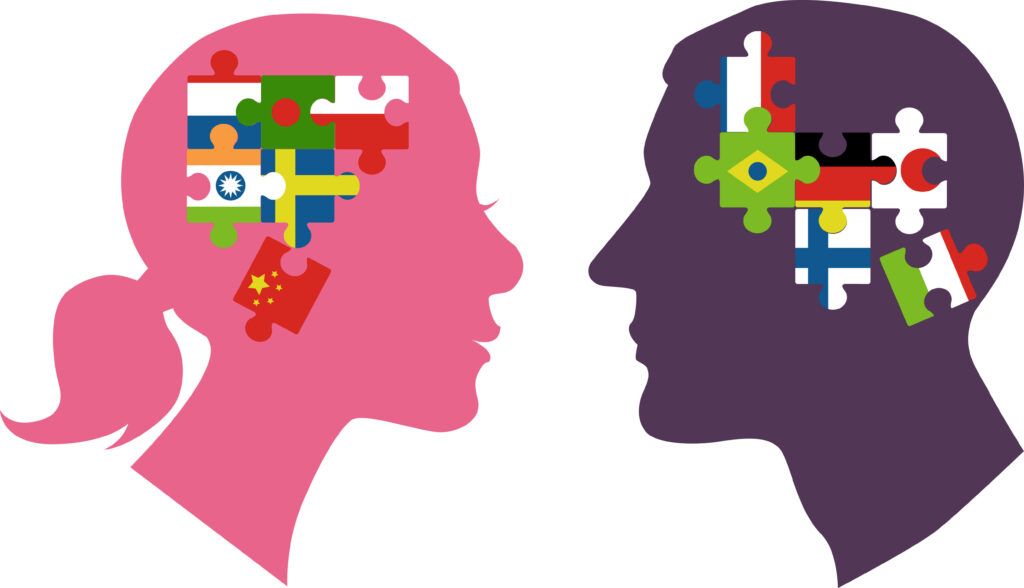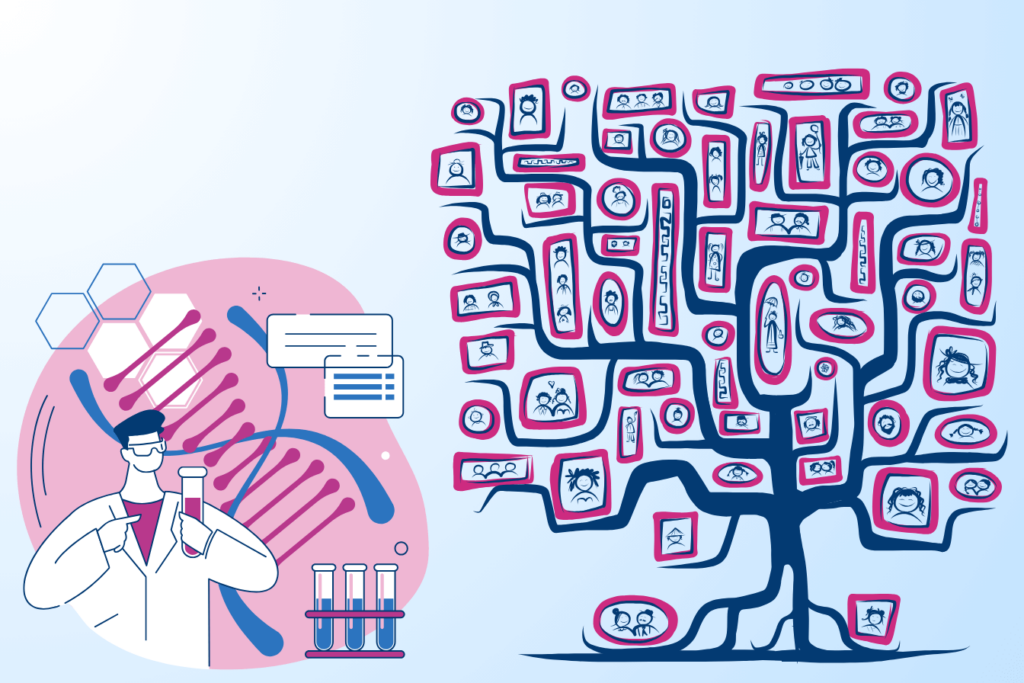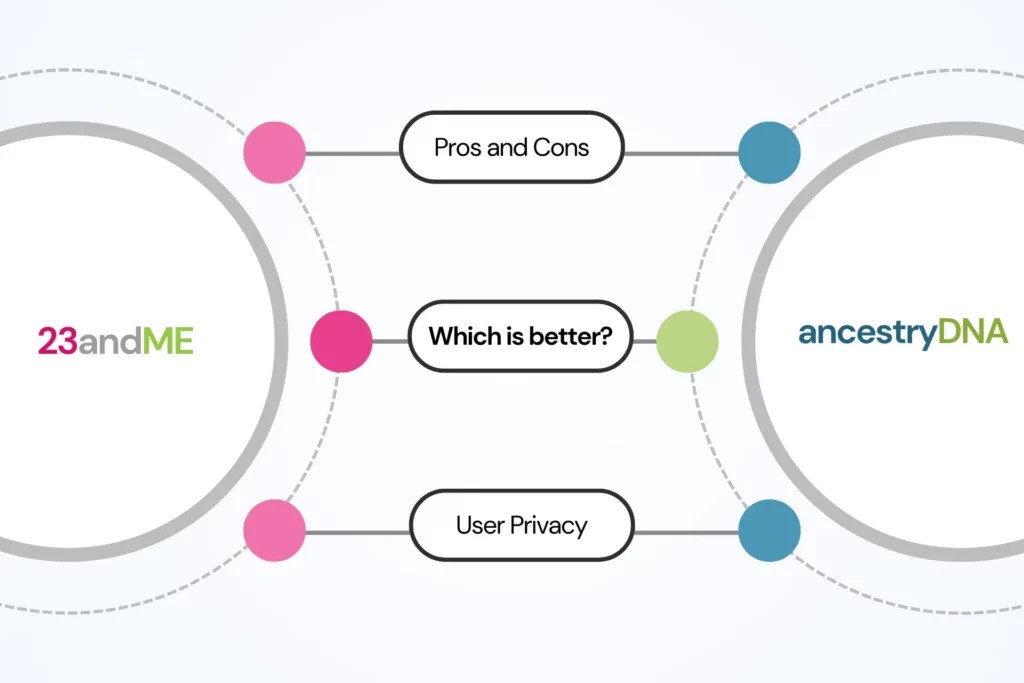As of 2023, there are over 15 million Jewish people worldwide. If you suspect that you have Jewish heritage, there are several companies that offer a Jewish DNA test as part of their ancestry reports. Since Jewish people mingled within their communities for generations, their DNA has some markers and traits that were passed down through generations. These markers can help identify your Jewish ancestry even today, hundreds of years on. This article will elaborate on Jewish heritage, how to test for it, and what you could learn from your results.
Can Genetic Tests Help Identify Jewish Ancestry?
Scientists identify certain markers in your DNA when you take a genetic test.
They can compare these markers to similar genomes in a database.
People with common ancestry often share certain markers that are specific to a region.
Scientists can estimate your ethnic ancestry based on the similarity and frequency of these markers in your DNA.
That’s how these tests can identify Jewish ancestry, which is actually a religious identity.
According to history, Jewish communities settled in Europe during the Roman rule of Judea.
They remained an independent community for a long time, marrying within their own communities.
Being genetically Jewish means that some or all of your ancestors were Jewish.
Thus, Jews of European descent may carry the same gene mutations and traits that have been passed on across generations within the Jewish community.
These genetic variations can be identified with Jewish DNA tests.
What Are The Different Jewish Ancestries?
The most significant Jewish ancestries/communities include:
- Ashkenazi Jews
- Sephardi Jews
- Mizrahi (Oriental) jews
- Marrano (Crypto) jews
- Levi jews
- Cohen jews
Most of the DNA tests right now can only identify Ashkenazi Jewish ancestry.
The other sub-groups have spread out wider and have mixed ethnicities.
How To Take A Jewish DNA Test
A Jewish DNA test is similar to any home DNA test. You can order any ancestry DNA test kit and provide your sample (cheek swab or saliva).
The lab will then analyze your DNA and email the results.
There are three ways in which Jewish DNA test kits can identify your ancestry.
Ancestry Composition Report
Your ancestry composition report highlights the regions from which your DNA originated out of thousands of regions in its database.
Since it is believed that the original Ashkenazi Jews originated from a particular region, the ancestry composition test may include this detail in their report.
Y-DNA Test
Y-DNA tests are done on males to determine their paternal ethnic origins.
Since the Y chromosome is passed on from the father to the son, this can help trace the ancestors from the paternal side.
Women cannot get their paternal line tested with their DNA samples because they don’t carry the Y chromosome.
They may need to provide samples of their male relatives to run the test.
mtDNA
mtDNA or mitochondrial DNA is passed on from the mothers to their children.
These reports generate something called the mitochondrial haplogroup using mtDNA.
Mitochondrial haplogroups comprise people with similar mtDNA worldwide who have descended from a common female ancestor.
Four mitochondrial haplogroups occur frequently in people with Ashkenazi ancestry – N1b, K1a1b1a, K1a9, and K2a2a.
Europeans who carry these four haplotypes are more likely to have Jewish ancestry.
You Can Get 3000+ Health And Wellness Insights From Your Ancestry Test DNA Data.
What Does It Mean To Be Genetically Jewish?
Being genetically Jewish means that some or all of your ancestors were Jewish.
You may carry the same gene mutations and traits that have been passed on across generations within the Jewish community.
Benefits of Identifying Your Ancestry

Millions of people worldwide test their DNA to find their ancestral origins.
While curiosity is one reason, many want to understand their lineage and connect with possible relatives they don’t know exist.
Knowing your ancestry may also give a clearer idea about some of your traits and behavior.
A 2010 study mentions that people of Ashkenazi Jewish descent are at higher risk for conditions like cystic fibrosis.
The descendants of these individuals are at higher risk for certain genetic conditions compared to non-Jewish individuals.
Some studies recommend that Ashkenazi Jewish partners get tested for carrier status for the following diseases to know the risk their descendants carry.
- Gaucher disease
- Cystic fibrosis
- Familial dysautonomia
- Alpha 1 antitrypsin
- Mucolipidosis type 4
- Fanconi anemia type C
- Canavan disease
- Niemann-Pick type 4
- Bloom syndrome
Where To Take A Jewish DNA Test
- AncestryDNA – AncestryDNA specializes in ethnicity estimates and helps trace your ancestors’ migratory paths and build family trees. If you want to explore your possible Jewish roots, this company’s Ancestry DNA test kits can help.
- 23andMe— 23andMe’s Ancestry+Traits DNA kits help trace ancestry origins across 2,000 regions, including regions associated with Ashkenazi Jewish ancestry. This company also offers DNA Relative Finder and family tree-building tools.
- FamilyTree DNA – The ‘MyOrigins’ report from FamilyTree DNA helps you break down your origin, including details on your Jewish ancestry. You can find your ethnic and geographical background in these report results.
Summary: Jewish DNA Test
- Jewish DNA tests help you understand your heritage and could link you to the Jewish community
- Most genetic testing companies’ ancestry reports include a section on Jewish ancestry.
- These tests only identify Ashkenazi Jewish ancestry. The other sub-groups are harder to detect accurately.
- Testing yourself can make you aware of the genetic and health risks that the Ashkenazi Jewish population carries.
Others Are Also Reading

Haplogroups: The Key To Unraveling Ancestral Origins

7 Physical Signs Of Viking Ancestry That May Suggest You Have Viking DNA

AncestryDNA vs 23andMe: Which Is Better For Raw Data Analysis?






